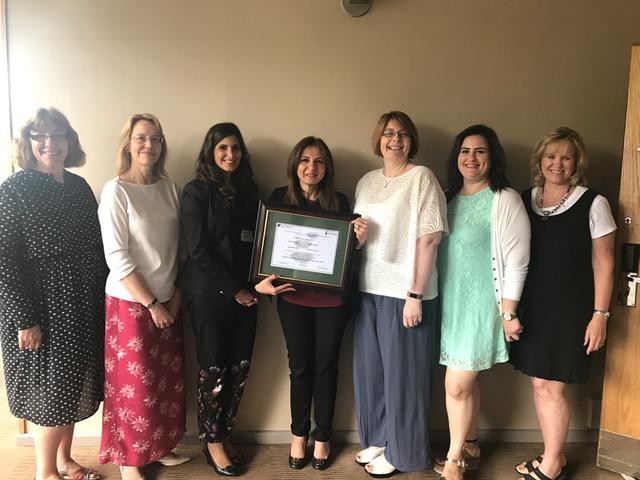
DBT Skills Training Testimonials
Maria Den Braven DBT Team Feedback – DBT in Practice
“From my current work on DBT I am fascinated by how structured yet flexible DBT is, the fact that the therapist knows which targets to work on with a BPD patient that has a trillion things to work on keeps both the client and the therapist focused and the chances of reaching positive results much higher”
(Clinical Psychologist, Basma Kilani DBT Team Leader )
“Some clients also like the behavior analysis to the point that I now doubt being able to use I as an aversive measure, one client also stated “no one ever cared to ask me detailed questions about my behavior, I really feel that you care”. And other clients don’t mind it at all”
(Clinical Psychologist, Basma Kilani Team Leader)
“DBT with its strong evidence for efficacy for clients with borderline personality disorder (BPD) has brought hope to us as clinicians and to our clients alike. Many of the people we are treating have had treatments that were in-effective, so they gave up on getting better. DBT offers a miraculous path to recovery, giving people who are unable to endure the pain of loss and multiple failures hope in a better future.”
(Clinical Psychologist, Rasha Salib)
“By including cognitive therapy, behavioral strategies, skills training, and exposure therapy, DBT teaches our clients more than just stopping self harm and suicidal behavior. In fact, DBT’s primary interventions – such as skills training in emotion regulation and a straight forward approach to dysfunctional behavior – could help many clients we treat at Maria Den Braven”
(Clinical Psychologist, Rasha Salib)
“We have high confidence in DBT since it is an evidence based intervention”
(Mental Health Therapist, Elizabeth Hill)
“Our case consultation when done according to the guidelines of DBT has become much more effective base for supporting each other.”
(Mental Health Therapist, Elizabeth Hill)
“Radical Acceptance is so important to all our clients and teaching them that is making them readier for change”
(Therapist, Laurice Khoury)
“The skills are so important and useful and can be used at an early age and in schools as prevention from mental health problems”
(Clinical Psychologist, Basma Kilani Team Leader)
“In therapy, as well as in our weekly consultation team, we discuss ways different problems /situations could be solved using DBT skills instead of current skills that may not be effective.”
(Mental Health Therapist, Elizabeth Hill)

